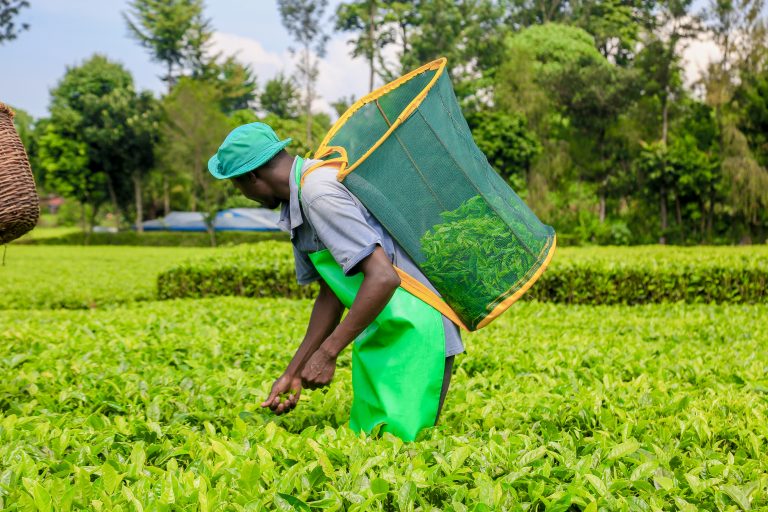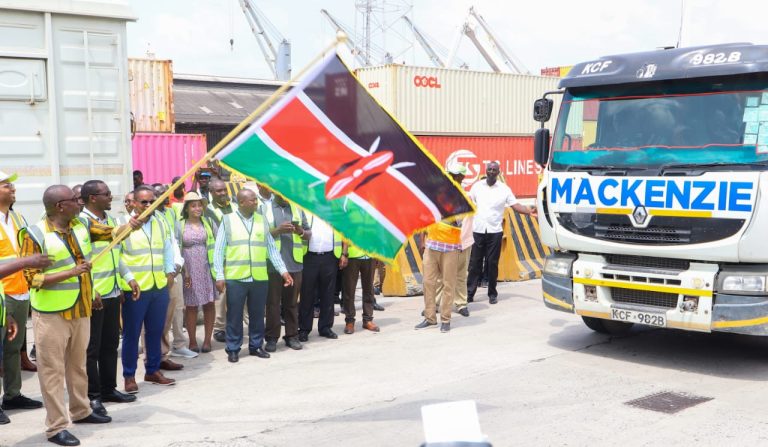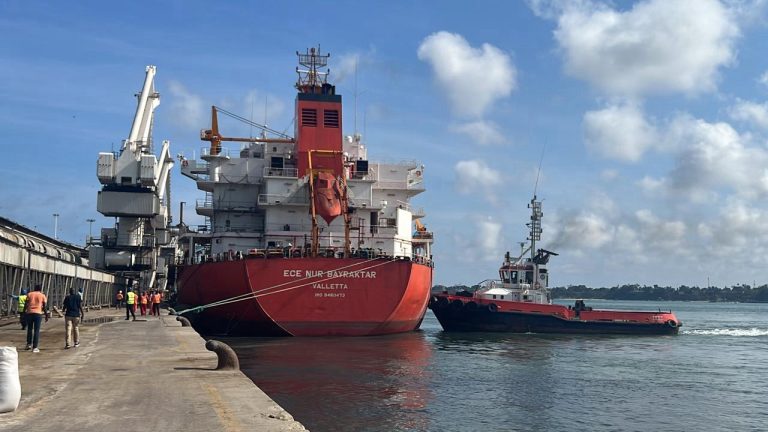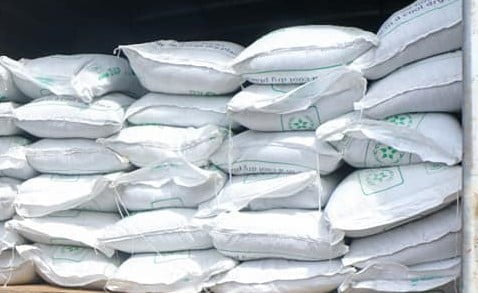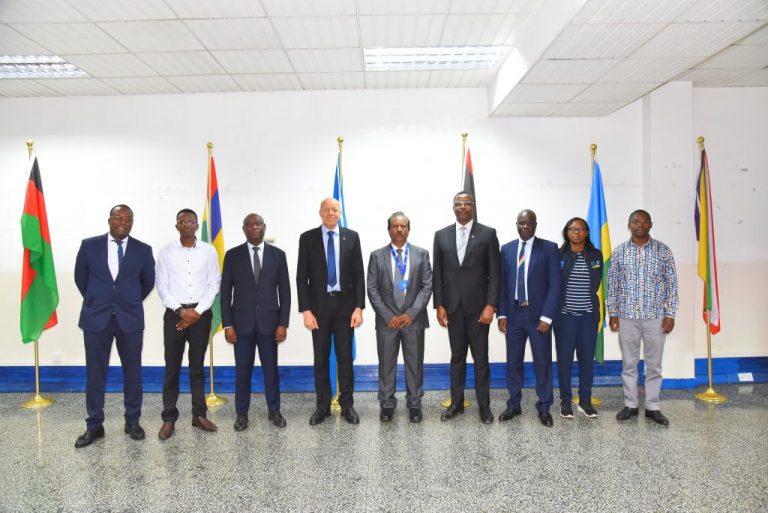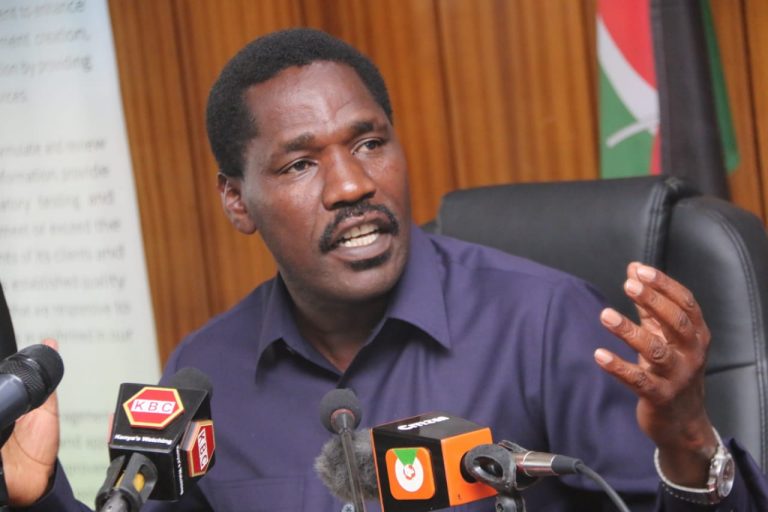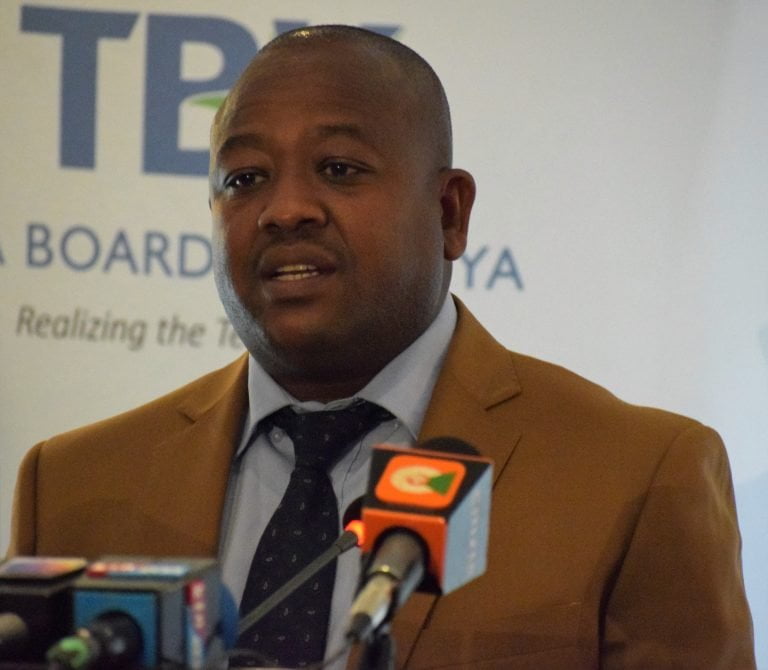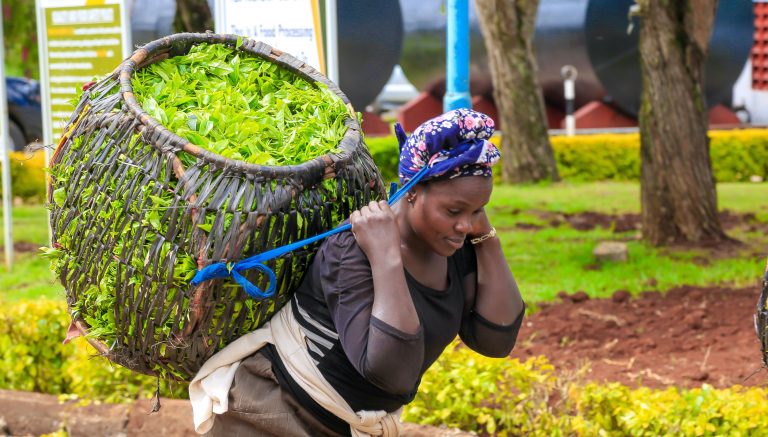By Kimuri Mwangi
Kenya President William Ruto has called for prioritizing investments in nitrogen fertilizer production facilities in Africa.
Speaking during the Africa Fertilizer and Soil Health Summit in Nairobi, he noted that while it is encouraging to see several African nations making strides in fertilizer production, particularly phosphate fertilizers, the absence of nitrogen fertilizer production plants is a hindrance to proper fertilizer usage.
“The absence of nitrogen fertilizer production plants due to high capital requirements, underscores the need for regional investment collaboration to enhance our self-sufficiency in fertilizer manufacturing,” said Ruto. He also added that developing mechanisms for real-time tracking of fertilizer market trends to ensure timely availability is crucial.
“I stand here to make a strong case for a common strategy, collective action, joint investment, and logistical collaboration to ensure every arable acre of Africa’s land receives the right type and quantity of fertilizer. This transformation will shift our
agricultural production from deficit to surplus. Additionally, we need sustainable strategies to make fertilizers more affordable and accessible. Enhancing last-mile logistics for fertilizer distribution is equally critical. Moreover, building farmers’ capacities for effective fertilizer use and soil health improvement is imperative,” opined President Ruto.
For sustainable interventions, he called for the designing of effective subsidy programs that support both immediate productivity needs and long-term soil health coupled with the need to entrench production incentives by leveraging the African Continental Free Trade Area to enhance market access and profitability for farmers. Pan-African integration will also provide a basis to harness research, science, and technology to develop a robust African Soil Information System, support a community of soil health experts across various sectors, and enhance research and soil testing facilities to support informed decision-making.
The fertilizer Summit was attended by six Heads of State, African Union leadership, Development partners and delegates from African countries.
The Chairperson of the African Union Commission Moussa Faki Mahamat said the current pace of soil degradation in Africa has attained a threshold which requires proactive attention and action from all, to halt the degradation and commence effective soil health management.

“The Africa Union Commission is committed to address the issues of soil health in all African countries. This determination is what led us to develop the Soil Initiative for Africa (SIA) and the Africa Fertilizer and Soil Health Action Plan. While the Soil Initiative for Africa is a long-term framework aligned with our Agenda 2063, the Action Plan is the 10-year implementation plan,” opined the chairperson.
In terms of fertilizer use, Africa is below the global average and the target set by African Heads of State and Government in 2006 where they endorsed the Abuja declaration on Fertilizers for a Green Revolution in Africa, with a target of 50 kilograms per hectare per year. Eighteen years later, the average fertilizer use rate stands at about 18 kilograms, less than half of the target set in 2006.
“Some African countries produce fertilizers but we depend mostly on imported fertilizers, making them very expensive for our farmers. Yet the African Center for Fertilizer Development based in Zimbabwe has been in existence since the 1980’s. We must optimize the use of such existing Continental assets to boost local fertilizer production and deliver quality fertilizers to African farmers at affordable prices. This is imperative if we are to improve the Continent’s agricultural sector, key for our food sovereignty and security. These investments should also be reflected in our national budgets,” added Faki.
The biennial reviews by the commission show that Africa remains far from attaining the targets set in Malabo in 2014 which gave a clear implementation roadmap. Ownership is partly constrained by an over-dependence on partners for the financing of agricultural development ambitions therefore not sustainable.
Member States were asked to renew strong political will through the mobilization of domestic resources to reflect the priority of the agricultural sector as defined in Malabo.
“Our strategic frameworks are in place and we have the capacity to work together to produce the fertilizers and other agricultural inputs we need. Let us therefore give ourselves the necessary political means to address the challenges to our food sovereignty,” noted Faki.




